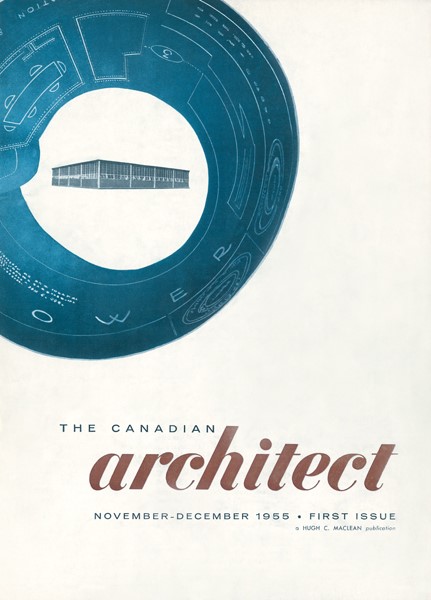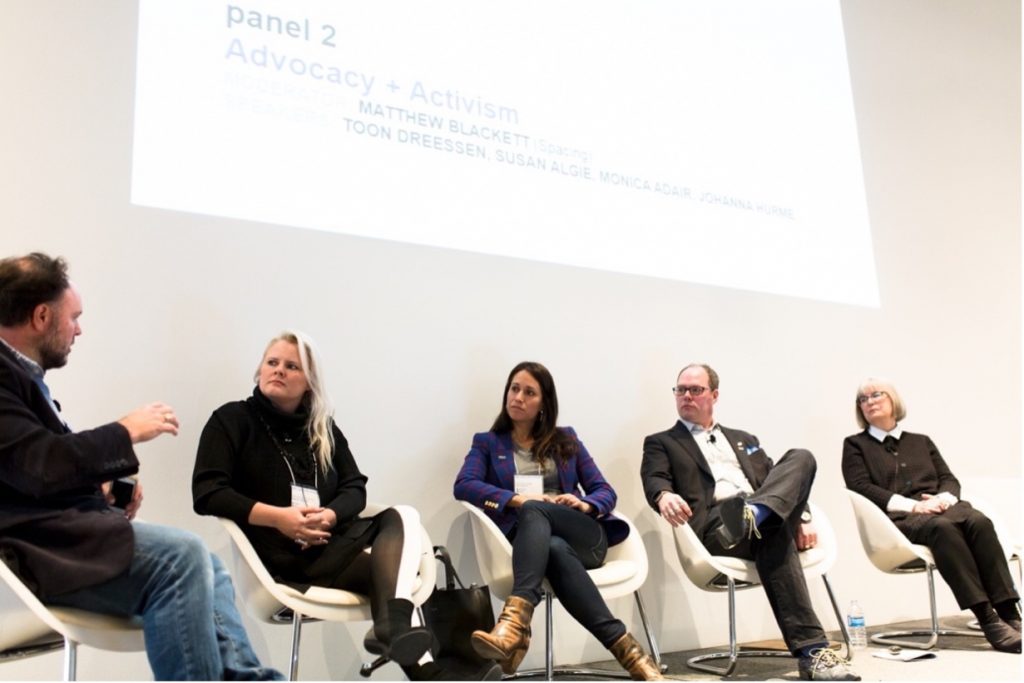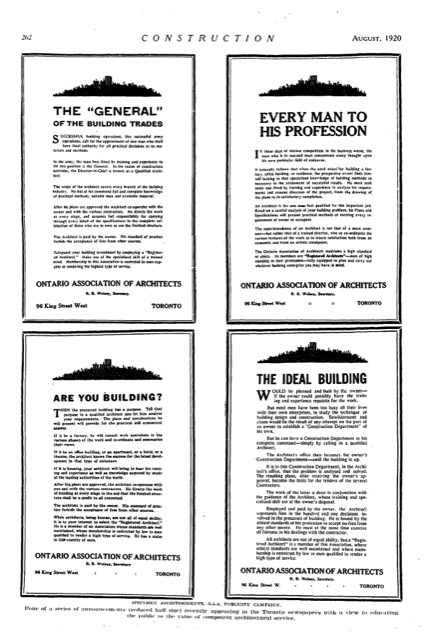PhD in Architecture Program: 2022 Graduate Brynne Campbell
September 7, 2022
BRYNNE CAMPBELL
PhD Advisory Committee
Supervisor: Dr. Federica Goffi, Professor, Co-Chair PhD Architecture, Azrieli School of Architecture & Urbanism, Carleton University
Advisor: Dr. Michel Rod, Dean of Business, University of New Brunswick
Advisor: Dr. Stephen Fai, Professor, Director CIMS, Co-Chair PhD Architecture, Azrieli School of Architecture & Urbanism, Carleton University
Examination Board
Chair: Dr. Jie Liu, Professor, Mechanical and Aerospace Engineering, Carleton University
Internal examiner: Dr. Lindsay McShane, Associate Professor, Marketing, Sprott School of Business, Carleton University
External examiner: Dr. Rhodrie Windsor-Liscombe, Professor Emeritus, Department of Art History, Visual Art and Theory, University of British Columbia
Brynne Campbell, of Ottawa, defended her dissertation in August 2022. She will graduate with a PhD in Architecture from the Azrieli School of Architecture & Urbanism in November 2022.
Her dissertation, Marketing Architecture in Canada: Exploring the Architecture Profession’s Understanding and Use of Marketing: 1955 – 1985 to Present, focuses on the Canadian architecture profession’s historical use and understanding of marketing, as discussed through professional journals and resources.
Campbell’s research takes a multi-method approach to explore the questions and issues of marketing architecture in Canada from multiple angles. Her dissertation aims to help the profession to reflect on how far they have come and gain clarity on where they are going.

Abstract
Marketing, which includes the process of communicating and delivering value to its target audience, has struggled to find its footing within the architecture profession. Researchers have suggested that architects believe it is unprofessional to be associated with business and marketing. The term marketing’ has often been used pejoratively in the books, professional journals, and documents written for and by architects. Professional architectural associations and advocacy organizations have perpetuated an urgency to properly communicate the value of architecture and the architect’s role. However, the ethical guidelines have made promoting architecture and architects’ roles challenging to implement. The shifting rules imposed by associations regarding marketing have contributed to the profession’s persistent disassociation with marketing.
This dissertation looks at the historical conversations regarding marketing within the context of contemporary questions raised through the ‘project of architecture’ – POP // CAN // CRIT 2017: Marketing and Promotion of Architecture in Canada. This national symposium, which took place on October 27, 2017, brought together professionals in the architecture industry to discuss the role of marketing within the Canadian architecture industry. It sought to open the conversation on marketing for the profession and serves as a resource for the dissertation research.
Building on this event, this dissertation analyses professional journals, resources, and documents written for and by architects between 1955 – 1985 to see how the profession’s relationship with business and marketing has evolved. It places emphasis on The Canadian Architect magazine. This publication has served as a critical voice for the profession in Canada since its establishment in 1955.
The research explores moments in architectural history that may have contributed to the profession’s ongoing struggle with marketing. Finally, using two case studies, this dissertation looks at how architecture firms have historically used marketing in their practice and communicated their value to clients and the public.

Cover of The Canadian Architect’s first issue, photo by Panda Associates, November-December 1955. Photo Credit: Canadian Architect Magazine, “The cover of The Canadian Architect’s first issue, showing the editorial offices of parent company Hugh C. MacLean Publications, designed by Weir & Cripps. Permission granted by Canadian Architect magazine. Photo by Panda Associates,” Photo Credit: https://www.canadianarchitect.com/boom-time-beginnings/.

The Ad-Man’s Architect, published in The Canadian Architect, Vol. 3, September 1958. Permission granted by Canadian Architect magazine. Photo Credit: Brynne Campbell

Panel discussion during POP // CAN // CRIT 2017. Photo Credit: KTCHN Productions

Specimen Advertisements, O.A.A. Publicity Campaign from Construction magazine, August 1920. Vol. 13, no. 8, page 262. Permission granted by the Ontario Association of Architects. Photo Credit: Ontario Association of Architects.
Statement by External Examiner Dr. Rhodri Windsor-Liscombe
By examining the pattern of both architects’ professional self-assessment and promotion during the post-Second World War decades in Canada, Brynne Campbell provides a fascinating lens on the wider issues of architectural praxis and the state of practice in Canada. The choice of the historical period and main materials of investigation, together with attention to the compounding consolidation of advertising in both commercial activity and public consciousness, are alike apposite and illuminating.
The larger assessment is given focus by the two case studies, comparing the approaches to design work and promotion by two notable Canadian architects, John C. Parkin and Arthur Erickson. Similarly, the attention paid to historical and contemporary discourse, especially among younger practitioners, is also valuable given the pressures increasingly exerted by the development industry, the relative decline of public patronage, and the ongoing weak legislative definition of the architect.
The thesis collates extant material in an innovative manner by interspersing internal professional discussion with changes in the broader socio-cultural context and wider domain of marketing-cum-advertising. Consequently, Brynne Campbell has made a significant contribution to knowledge – and the ongoing debate within the Canadian and international, architectural profession.
In addition, I would estimate that the dissertation further illuminates the development of marketing/advertising enterprise from 1955-1985 and beyond. The reflexive qualitative research methodology is intelligent and effective because it combines critical historical overview with focused interrogation of relevant professional discourse, and, as noted, the inclusion, and analysis, of a recent symposium on architecture and marketing further enhances the value of the research.
About Brynne Campbell
Brynne Campbell is the marketing director of a medium-sized architecture firm. Passionate about architectural storytelling through text and images, she strives to find innovative ways to help architects showcase their work and communicate their unique value.
Campbell has presented papers on marketing in architecture and the architect’s image. She was the co-organizer of POP // CAN // CRIT (Popular Topics, Canadian Context, Critical Questions). The national architecture symposium, which took place between 2016 and 2019, served as a resource, educational tool, and opportunity to share experiences and ideas related to architecture. POP // CAN // CRIT focused on contemporary topics for the profession within a Canadian context.
About the PhD in Architecture
The PhD in Architecture program at the Azrieli School of Architecture & Urbanism is an innovative, comprehensive doctoral program that fuses research with critical practice in architecture through the combined exploration of a dissertation and an epistemic object, which is uniquely defined in relation to the research.
The program’s exceptionally talented and thoughtful students undertake original, speculative, and experimental research. Doctoral projects draw on the interrelated reflective aspects of architecture, design, and material processes. The PhD students explore a range of media that support their investigations, including film, drawing, modeling, and mapping.
The PhD rigorously prepares graduates for academic and professional fields.
The PhD Program in Architecture helps form reflective practitioners and critical thinkers who will contribute to both practice and academia, challenging current and dominant understandings of architecture practice and pedagogy and contributing to the renewal of architectural knowledge.